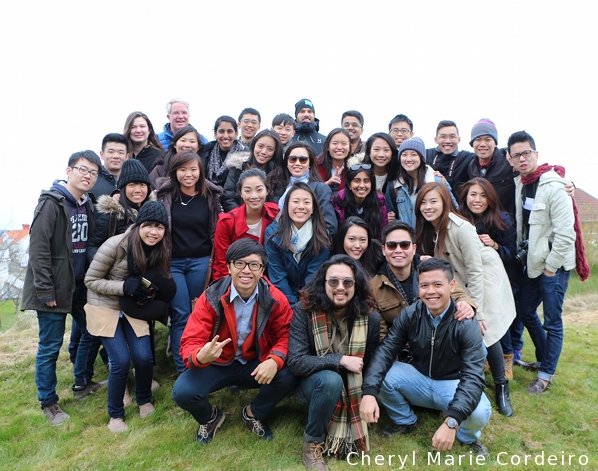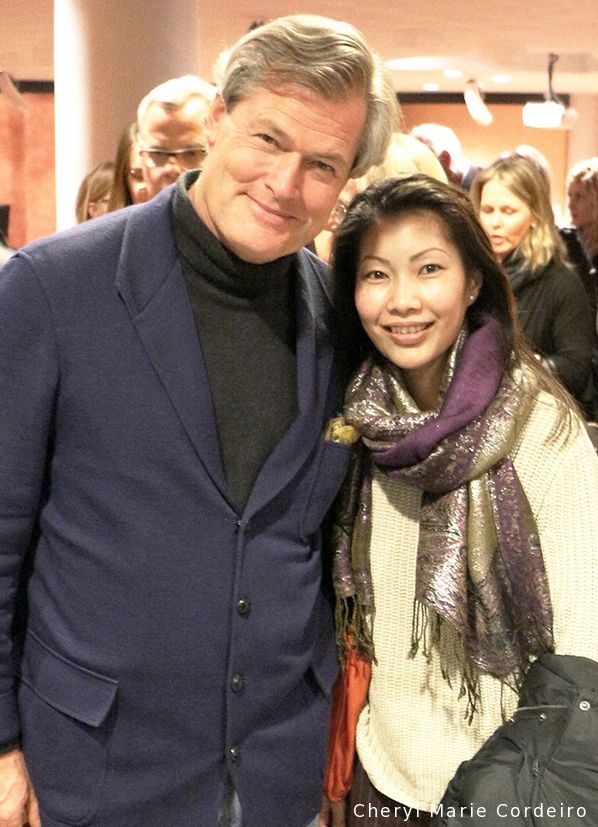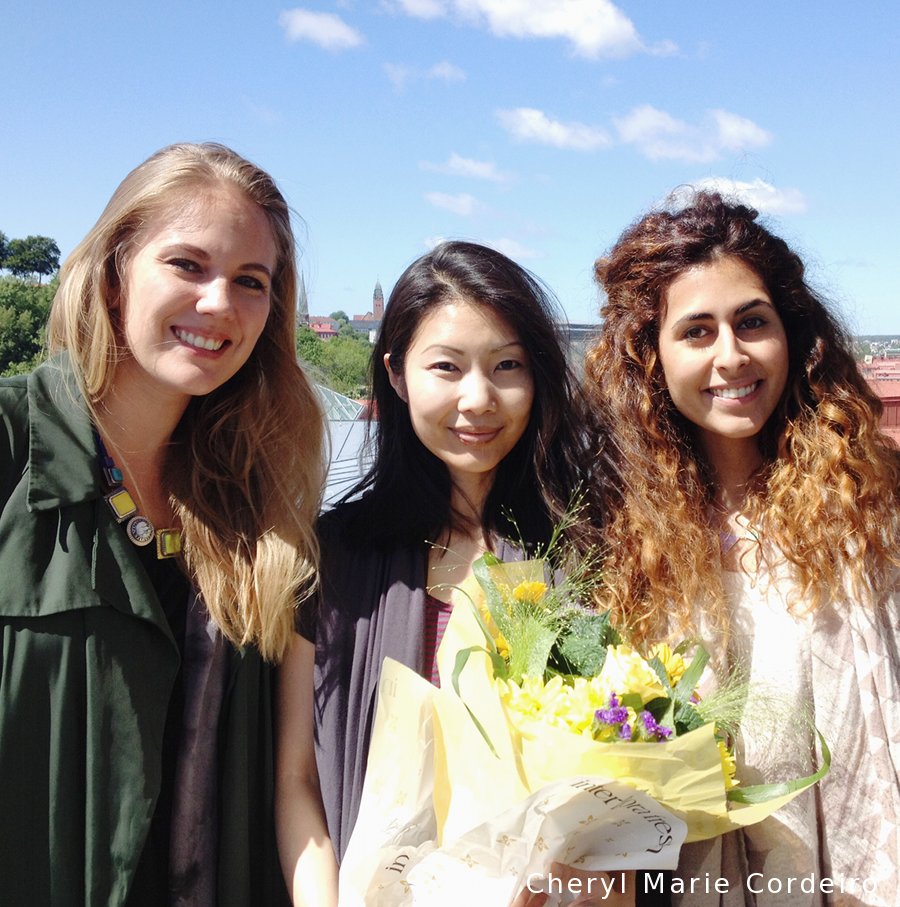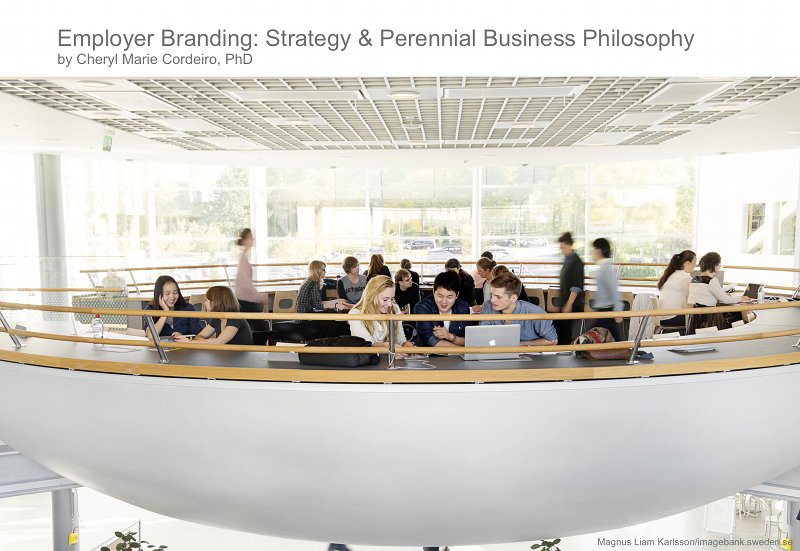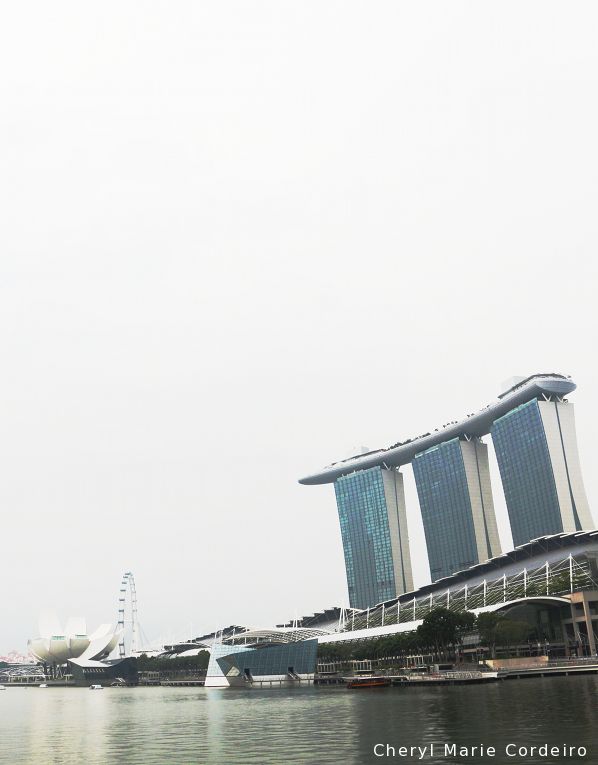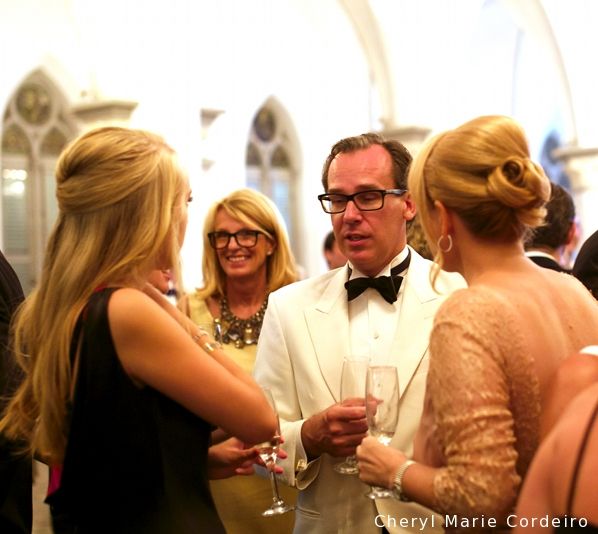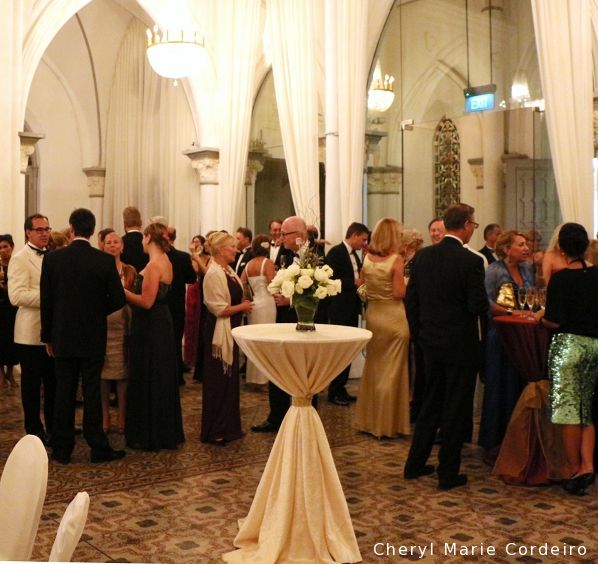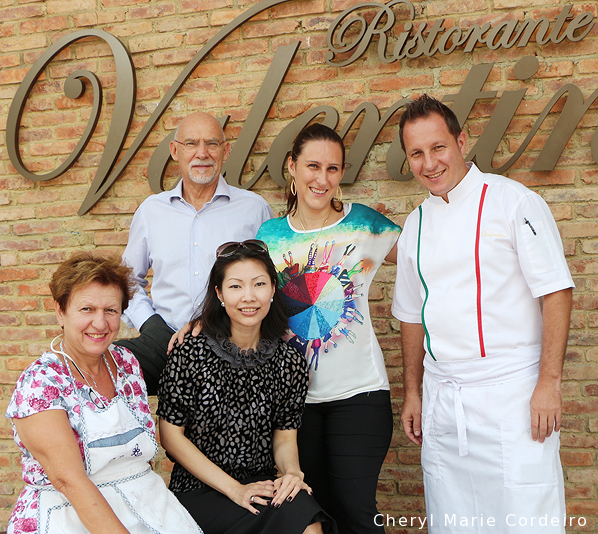The Singapore Management University (SMU) Business Study Mission (BSM) Scandinavia 2016 group visits the Swedish west coast. The group is headed by Tom Estad, Associate Dean, Undergraduate Student Matters, SMU.
Text & Photo © JE Nilsson, CM Cordeiro, Sweden 2016
For a number of years now, students of the Singapore Management University (SMU) have made it a tradition on their annual Scandinavian Business Study Missions, to visit the actual departure point of the Swedish East India Company (1731-1813) yearly voyages to China. It was in the aftermath of these trips and those of the Portuguese, Dutch and the English companies that the very state of Singapore was founded just a few years thereafter as a British trading post in 1819.
Some years back, I found myself in discussion with a professor of economic geography, of the travels with students on a geography field study trip to an ice cave in Russia where during the time of the late 1900s, travel routes between Sweden and Russia were not as accessible as they are today. Listening to the somewhat humour filled challenges of gathering about sixteen students on the trip with either poor clothing choice or sometimes even lack of proper food during the long outdoor treks, I wondered if I could myself ever pull through such an expedition. I asked the professor what motivated him to arrange this student ice cave travel to Russia? Continue reading ”Singapore Management University BSM Scandinavia 2016 visit to the Swedish west coast”
